
Have you ever wondered about the history of British colonialism in Africa? Specifically, which territories in West Africa were once under British control? Well, you're not alone! As someone interested in African history and geopolitics, you probably know that several countries in that region were colonized by the British during the "Scramble for Africa" in the late 19th century.
In this article, we'll explore the four British colonial territories that existed in West Africa: Gambia, Sierra Leone, Ghana and Nigeria. Understanding the legacy of colonialism is key to grasping the modern dynamics of these nations today.
History of British West Africa
British West Africa consisted of four territories, Gold Coast (now Ghana), Sierra Leone, Gambia and Nigeria. These lands were acquired through trade and conquest in the late 18th century.
The British were primarily interested in these lands for trade and commerce. They set up trading posts along the coast, built roads and railways into the interior to facilitate trade in commodities like palm oil, cocoa, groundnuts, and rubber. Life for the natives under British rule was harsh, as they were subjected to forced labor and heavy taxation.
In the early 20th century, educated Africans began to protest against British rule and demand more political representation and control over their affairs. This led to the gradual introduction of elective assemblies and increased participation of Africans in the administration. By 1957, Ghana became the first sub-Saharan African nation to gain independence from British rule.
The British legacy in West Africa is mixed. While British rule led to the disintegration of some native political institutions, it also unified the diverse ethnic groups under single political administrations. The British introduced modern infrastructure and technology to the region. They promoted the use of the English language which is now the official language in these countries. However, their exploitative economic policies and authoritarian rule caused much suffering to the native populations. Overall, British colonization shaped the political and economic trajectories of these West African nations.
The Four British Colonial Territories in West Africa Were?
The British established four main colonial territories in West Africa: Gold Coast (Ghana), Nigeria, Sierra Leone and Gambia.
Gold Coast (now Ghana - The First to Gain Independence
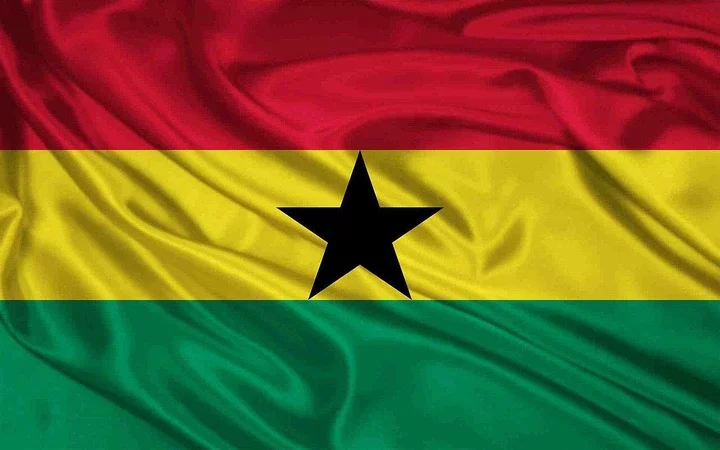
The Gold Coast was established in 1821. The Gold Coast, now known as Ghana, was one of the first British colonies in West Africa to gain independence. As early as the late 19th century, the Fante people in the Gold Coast began demanding more political representation and power from the British. This built up tensions that eventually led to revolts and riots against British rule.
After WWII, a new constitution established an African majority in the colony's legislature. The Convention People's Party, led by Kwame Nkrumah, campaigned for full independence under the slogan "Self-government now." In 1957, the Gold Coast became independent as Ghana, the first sub-Saharan colony to do so.
Kwame Nkrumah became Ghana's first president, aiming to modernize the new nation's economy and infrastructure. However, his authoritarian policies and economic mismanagement led to his overthrow by a military coup in 1966. Ghana endured a series of coups before transitioning back to multi-party democracy in 1992.
Today Ghana is considered one of the most stable democracies in Africa. It has a diverse economy based on resources like gold, cocoa, timber, and oil. Ghana continues to grapple with challenges like poverty, healthcare, and education, but its democratic institutions remain strong. The history of the Gold Coast's path to independence helped set the stage for democracy and political change across Africa.
Nigeria - The Most Populous Former British Colony
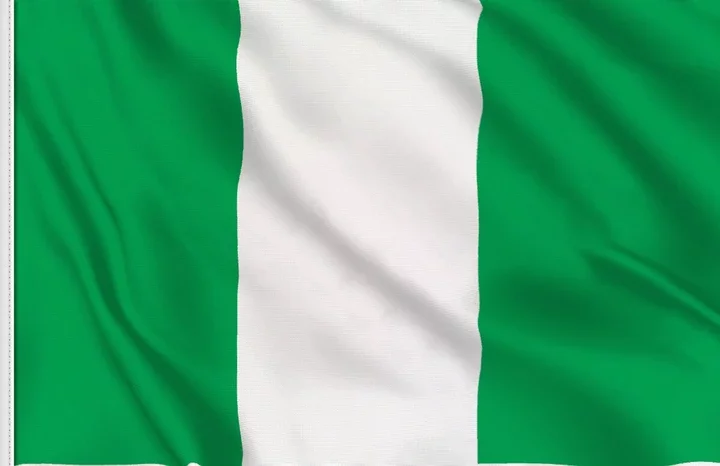
Nigeria was a British colony from 1914 until 1960. It is the most populous country in Africa and sixth in the world with over 200 million people. Nigeria has over 250 ethnic groups that speak over 500 languages. The three largest ethnic groups are the Hausa, Igbo, and Yoruba.
The British colonized the area that is now Nigeria in the 19th century. They took control of Lagos in 1861 and gradually took over more territory. In 1914, the British formally united the Northern and Southern Protectorates into the Colony and Protectorate of Nigeria.
Britain ruled Nigeria until Nigeria gained independence on October 1, 1960. Nigeria initially had a democratic government but experienced numerous military coups. In 1999, Nigeria transitioned back to a democratic government. However, Nigeria continues to face challenges including corruption, poverty, and conflict between ethnic and religious groups.
Oil is Nigeria's most important natural resource and economic activity. Nigeria has the largest oil reserves in Africa. However, the oil wealth is unevenly distributed, and much of the population lives in extreme poverty. Agriculture, including crops like yams, cassava, and millet, also employs a large portion of the population.
Nigeria's culture is diverse, with many festivals, films, music, and art. Some well-known aspects of Nigerian culture include Afrobeat music, Nollywood films, and traditional clothings like agbada and buba. Nigeria also has a strong literary tradition and has produced notable authors like Chinua Achebe and Wole Soyinka.
Overall, Nigeria has a rich history and culture but also faces many challenges as a developing nation. Nigeria continues to work to build a more prosperous, equitable, and democratic society.
Sierra Leone - Known for Its Diamonds

Sierra Leone is a small West African country located on the Atlantic coast, nestled between Guinea and Liberia. It was once a British colony known as "The White Man's Grave" due to the high mortality rate among Europeans from diseases like malaria.
Sierra Leone became a British colony in 1808. Before the British colonization, Sierra Leone was inhabited by several native tribes, with the Temne and Mende tribes being the largest. The British founded the colony of Sierra Leone in the late 18th century as a haven for freed slaves.
When the British took control, they used the territory mainly for trade and commerce. The British also promoted Christianity and abolished practices like human sacrifice. During British rule, the colony attracted many freed slaves from Nova Scotia and Jamaica. The capital Freetown was established as a base for the British Royal Navy's anti-slavery patrols.
By the mid-19th century, Freetown had become a major center of trade and commerce in West Africa. It also served as the headquarters of Christian missionary activities in the region. The British maintained control over the colony until Sierra Leone gained independence in 1961.
After independence, Sierra Leone transitioned into a multi-party democracy. However, the country soon descended into political instability and civil war. Today, Sierra Leone is a developing West African nation with a diverse population and rich natural resources. The legacy of British colonization lives on in the use of English as the official language and the majority of Sierra Leoneans being Christians.
The Gambia - The Smallest Mainland Territory
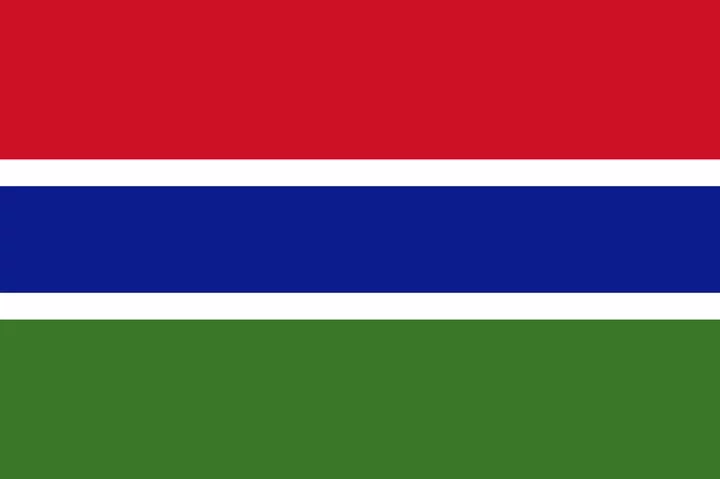
The Gambia, officially the Republic of The Gambia, is the smallest country on mainland Africa. It's situated on either side of the Gambia River, which flows through the centre of the country into the Atlantic Ocean. The Gambia was once part of the British Empire in West Africa.
As the smallest nation on the African continent, The Gambia has an area of only 4,361 square miles, roughly the size of Jamaica or Cape Verde. It's a narrow country that is less than 30 miles wide at its widest point. The majority of the population lives in rural villages and sustains itself through farming and fishing along the Gambia River.
The Gambia was once part of various West African empires before the Europeans, including the Ghana Empire, the Mali Empire, and the Songhai Empire. The first Europeans to arrive in Gambia were the Portuguese in the 15th century. In 1651, the Duke of Courland established a colony in Gambia, but it only lasted until 1661.
In the late 17th century, Britain established a base in Gambia to participate in the slave trade. Britain took control of Gambia in 1821 to suppress the slave trade. Gambia became a British crown colony in 1843. For Britain, Gambia served as an important trading post and naval base in West Africa.
During British rule, Gambia's economy depended heavily on the export of peanuts and other agricultural products. The British also brought Christianity to Gambia and promoted education. Gambia gained independence from Britain in 1965 and became the Republic of The Gambia.
After independence, Gambia suffered from political instability and human rights abuses under the rule of Dawda Jawara and later Yahya Jammeh. Gambia remains a very poor country today, but it has seen some democratic reforms in recent years. Tourism has become an important industry, with many Europeans vacationing in Gambia's coastal resorts.
The Impact of Colonialism on African Economic Development
Colonialism had a devastating impact on African economies. When European powers took control of African territories, they exploited them for resources and cheap labor. The colonial administrations forced African farmers to grow cash crops like cotton, cocoa, and palm oil, and heavily taxed them. The revenues went straight to the colonial powers in Europe.
This system prevented economic diversification and industrialization in the colonies. The African economies remained heavily dependent on the export of a few raw materials. The infrastructure built by the Europeans, like roads and railways, were designed mainly to transport goods from the interior to the ports, not to stimulate internal trade within Africa.
After independence, African governments inherited economies that were underdeveloped and depended heavily on the export of a few agricultural commodities. They had a hard time diversifying into manufacturing and industrial production. Poverty, inequality, and economic dependence on foreign aid and investment still plague many African countries today as a result of the colonial legacy.
While colonialism brought some technological and administrative advances, the economic costs to Africa were huge. The colonial system was designed to benefit the colonizers, not the colony. It systematically underdeveloped the African economies and made them subservient to the economic interests of European powers. Overcoming this legacy has been one of the biggest challenges in the post-colonial period.
Frequently Asked Questions
Have some questions about the four British colonial territories in West Africa? Here are some of the most common FAQs:
What were the four territories?
The four British colonies in West Africa were Gambia, Sierra Leone, Gold Coast (now Ghana), and Nigeria. These territories were administered by Britain from the mid-19th century until independence in the late 1950s and 1960s.
Why did Britain colonize West Africa?
Britain established colonies in West Africa for economic and political reasons, including controlling trade, acquiring raw materials and markets for British goods, and countering other European powers.
How were the colonies governed?
Britain used a system of indirect rule, governing through local leaders and existing political structures. The colonies were divided into provinces overseen by British district officers who reported to governors. Local courts and laws were used when possible.
What was life like in the colonies?
Life varied across the diverse colonies, but many Africans lived in rural villages, growing crops and trading locally. Christian missionaries established schools and converted many to Christianity. Cash crop production of peanuts, cocoa, palm oil and cotton was introduced. Infrastructure like roads and railways were built to transport goods.
When did the colonies gain independence?
The colonies transitioned to independence between 1957 and 1960. Ghana was first in 1957, followed by Nigeria in 1960. Gambia gained independence in 1965 as a constitutional monarchy within the Commonwealth. Sierra Leone gained independence in 1961, and became a republic in 1971.
Why were these colonies important to Britain?
These colonies were important to Britain for several reasons. They provided natural resources like palm oil, cocoa, tin and gold to fuel British industry. They also provided markets for British manufactured goods. Controlling these colonies also expanded Britain's political and military power.
In summary, the four British colonies in West Africa were, Gambia, Sierra Leone, Gold Coast (Ghana), and Nigeria. These countries were governed for economic and political gain until independence in the mid-20th century. Life in the diverse colonies was shaped by local traditions, British rule, and the introduction of Christianity, education, infrastructure, and cash crops.
Conclusion
So there you have it, the four British colonial territories in West Africa were Gambia, Sierra Leone, Gold Coast (Ghana), and Nigeria. As we wrap things up, remember that while these territories were all under British control, they each had their own unique history and culture both before and after colonization. The legacy of British rule in West Africa remains complex and contested. Understanding this history helps provide context for the region today. Whether you're new to learning about this history or looking to deepen your knowledge, hopefully this overview gave you some useful background and insights.

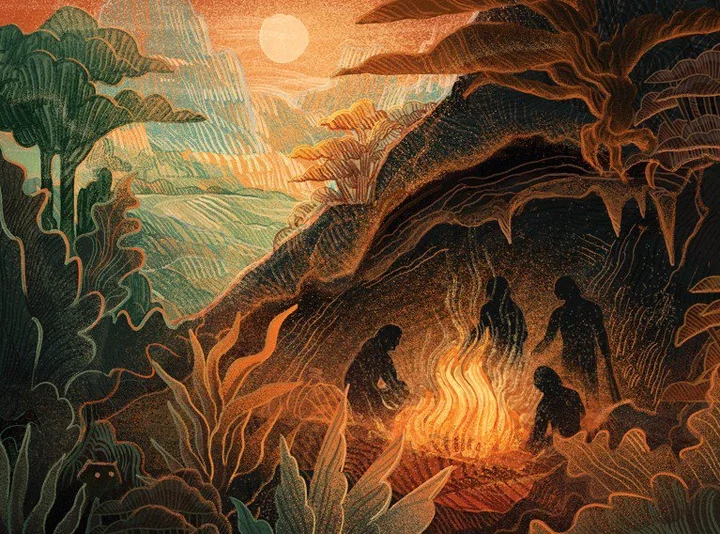

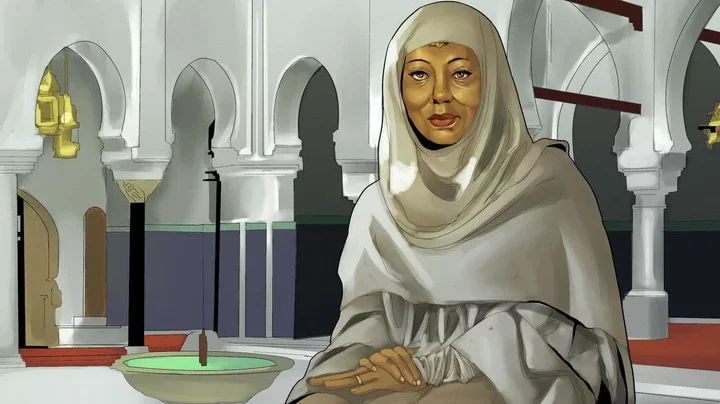
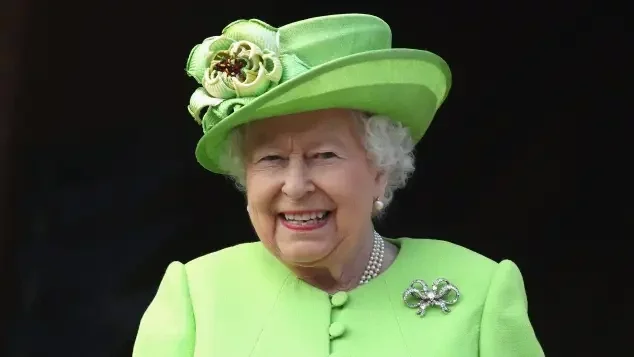













Comments